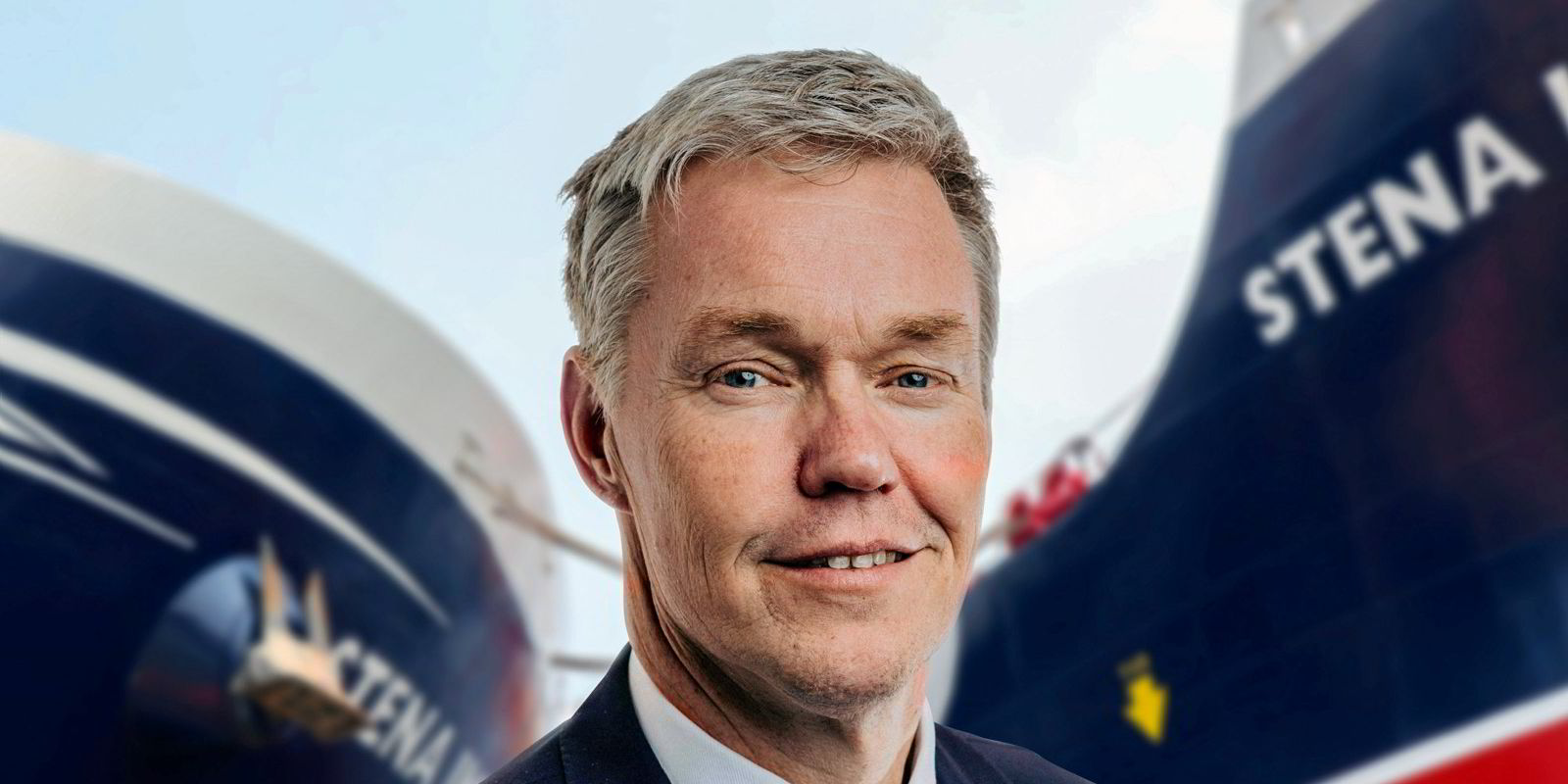Shipping needs organisations such as flag states, industry bodies or coalitions and, in some cases, governments to act as proactive convenors that will bring shipowners and technology companies together to overcome barriers to collaboration on decarbonisation, according to marine design engineers and advisor Houlder.
In Clean technology and the decarbonisation challenge — the first of what the company plans to be a series of white papers — Houlder said the industry is largely relying on “ad hoc” arrangements between shipping and technology companies to work together.
It added that while companies are willing to team up in practice, they remain focused on safeguarding their competitive advantage.
Speaking to TradeWinds, Houlder strategy consultant Sean McLaughlin said from its advisory work it is very clear that shipping is going through a paradigm shift.
McLaughlin said Houlder wanted to give shipping executives their voice to talk about the issues that underpin the corporate statements and objectives they are making.
For the white paper, he said Houlder had “frank and lively exchanges” with senior executives in about 20 organisations both large and small in the tanker, bulk, container ship, cruise and ferry sectors for the report, which contains their thoughts and comments presented on a non-attributable basis.
He said one option to overcome the problem is for the convenor, such as a chamber of shipping that sees a need to advance a particular type of technology, to bring the shipowners together but let them share commercially sensitive data with a “central black box”. However, the overall performance of the technology would be shared with all parties.
There is a need for a more structured approach. Many independent parties could make a big difference.
Houlder believes that future clean technology for the industry needs to come also from beyond shipping.
McLaughlin said it is hard for those outside the shipping industry to know whom to speak to, so having independent convenors helps provide a focal point.
From Houlder’s conversations with shipowners, the importance of data emerged as key for decarbonisation decisions and evaluation.
But the company said larger owners were more prepared to invest in this, whereas smaller ones expressed a desire for better access and support on clean technology solutions.
“We can’t completely disrupt the market and global trade. We need to have a controlled adoption, not a sudden rush.”
“Our clients would prefer us to continue to extend the life of existing assets rather than charge them double for a new vessel.”
“It’s like the world’s biggest game of poker: Everybody, including ourselves, is placing bets right now without knowing for sure what the destination fuel is going to be.”
“These are paradigm shifts. We are no longer playing cricket, so there’s no point trying to redesign the bat.”
“We can’t just suddenly switch the whole fleet to a certain fuel, giving somebody the biggest letter of intent in the world, if they’re going to bankrupt us.”
“We need a mechanism to easily come together and find the right partners — academic, industry, technology, port partners etc. I just haven’t got the time.”
The data challenge for smaller owners also translated into their access to finance as funders set their own environmental targets and demand information from those they are lending to.
“The challenge for the smaller shipowners remains very significant,” the report said, adding that the industry will not see a “radical change” in the world’s fleet without their participation.
But Houlder’s report said: “Owners large and small called for a more innovative approach to incentivising the adoption of clean technologies and future fuels,” pointing to the market stimulus offered for the development of wind and solar in Europe.
Owners spoken to said there is often a lack of understanding from technology providers over required priorities and operational constraints.
Those interviewed, even owners with the youngest fleets, believed there will need to be a big focus on retrofits, alongside newbuildings to achieve decarbonisation targets.
Concerns were raised over a perceived lack of independent corroboration on the claims made by technology providers.
Houlder said it detected “a broad consensus” in favour of methanol as a future fuel over ammonia, with one large owner indicating they are “actively considering” retrofitting their current fleet with dual-fuel methanol engines.
The report comments on how strongly these views were held by participants who were concerned by ammonia’s safety challenges.





